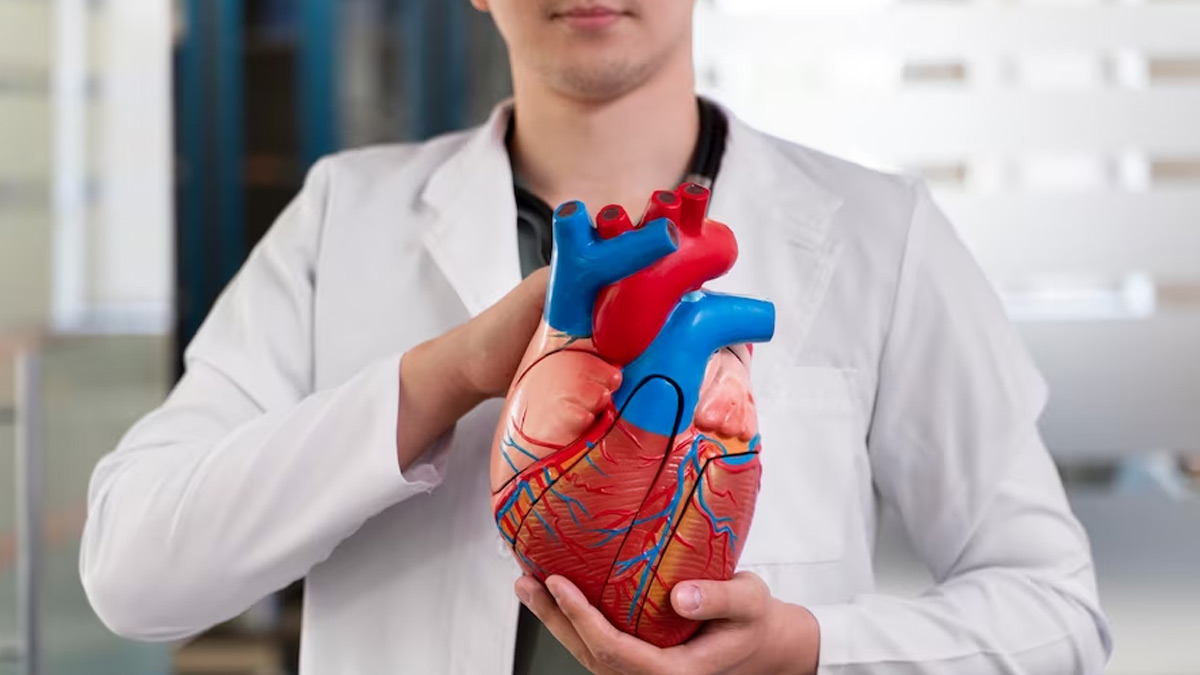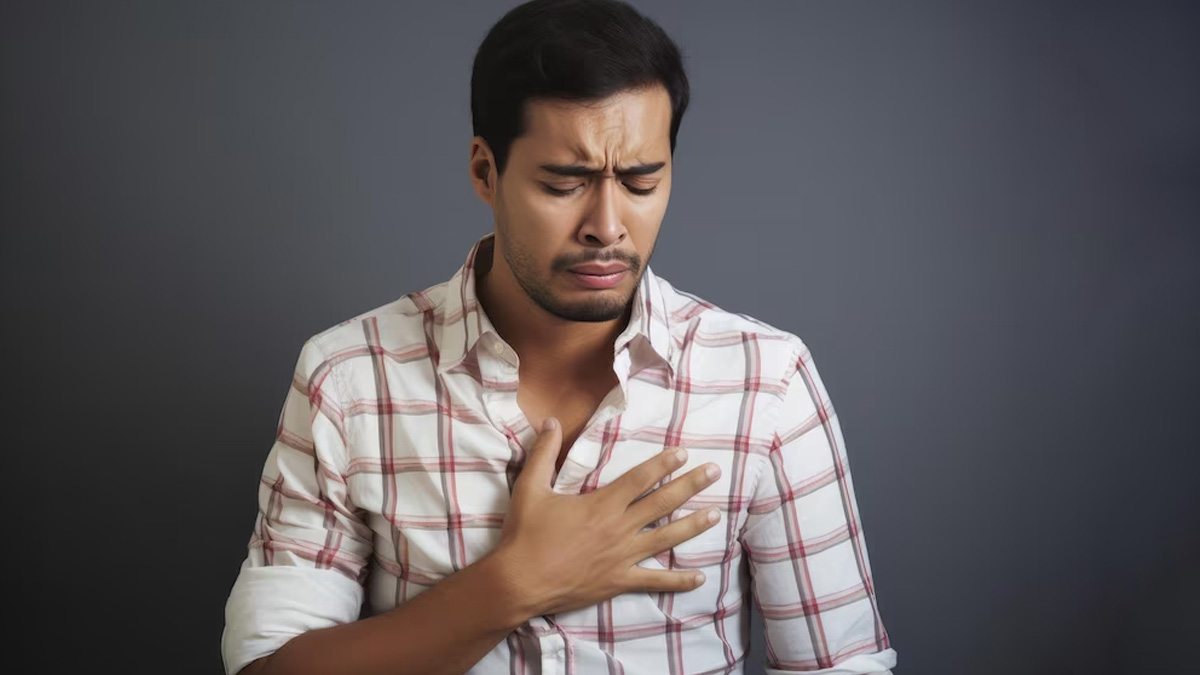
Our heart has several important roles to play. It pumps oxygen-rich blood throughout the body, supplies essential nutrients and oxygen to all other organs and tissues, and thereby ensures smooth bodily functions, and supports overall health and well-being. If our heart stops or even skips a beat, it can prove life-threatening, which is why taking care of our heart health is crucial. One of the ways to do that is by staying in constant touch with a cardiologist. This is all the more important if you experience concerning signs associated with cardiovascular functions. But how do you know when to connect with a heart doctor? We spoke to two leading experts to understand the same.
Table of Content:-
Also Read: Is Your Heart In Good Shape? 5 Important Tests That Can Tell You
The Increasing Risk Of Cardiovascular Diseases (CVDs)

The number of CVD death cases is alarming. With an estimated 1.79 crore cases around the world, it is the number one cause of death globally, says the World Health Organization (WHO).
In 2016, the estimated prevalence of CVDs in India was 5.45 crores, as per a study published in the Journal Circulation. Currently, one in four deaths in India are because of CVDs with ischemic heart disease and stroke responsible for more than 80% of the cases.
The WHO notes, “The most important behavioural risk factors of heart disease and stroke are unhealthy diet, physical inactivity, tobacco use and harmful use of alcohol," adding "Cessation of tobacco use, reduction of salt in the diet, eating more fruit and vegetables, regular physical activity and avoiding harmful use of alcohol have been shown to reduce the risk of cardiovascular disease."
Also Read: 6 Dietary Changes That Can Cut Down Your Cholesterol Levels
When Should You Consult A Heart Doctor?

Dr Nagesh Waghmare, Consultant, Cardiology, Jaslok Hospital & Research Centre, Mumbai, says, “The most notorious cardiac symptom is central chest pain in association with profuse sweating and feeling of uneasiness, usually aggravated by slightest exertion,” adding, “When you feel this scenario, alarm bells should ring and seek immediate medical attention in nearest facility.”
Another notorious sign is black out with loss of body tone, which can be a harbinger of arrhythmia episodes, according to the doctor, who explains, “Arrhythmias are irregular and erratic heart beats which can be very slow or very fast. They strike like a bolt and really need to act fast to salvage.”

Adding to these, Dr LK Jha, Associate Director and Head Unit-II–Cardiology, Asian Hospital, Faridabad, shares other factors that should urge you to visit a heart doctor and seek immediate help:
- Breathing difficulties, especially during physical activity or at rest
- Persistent palpitations, rapid heart rate, or a fluttering sensation in the chest
- If you faint or experience lightheadedness, which could signal rhythm irregularities.
- Sudden or pronounced swelling in the legs, ankles, or abdomen; an indication of heart failure
- Unexplained, extreme fatigue or weakness
Dr Jha urges those with a family history of heart disease to undergo regular check-ups with a cardiologist, even in the absence of symptoms.
Bottomline
Heart problems can become life-threatening if symptoms are overlooked. In the event of persistent chest pain accompanied with shortness of breath and dizziness, do not wait for the situation to get worse. Instead, call for emergency medical help or consult your doctor.
Also watch this video
Read Next
World Heart Day 2023: Experts Share Diet Tips To Follow This Long Weekend For A Healthy Heart
How we keep this article up to date:
We work with experts and keep a close eye on the latest in health and wellness. Whenever there is a new research or helpful information, we update our articles with accurate and useful advice.
Current Version
